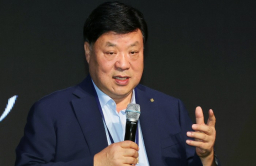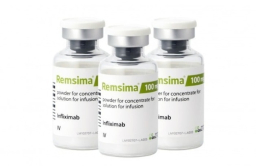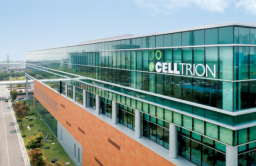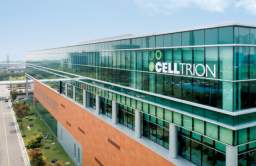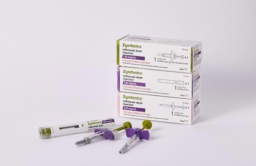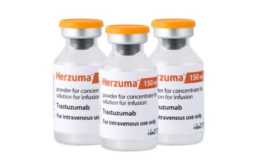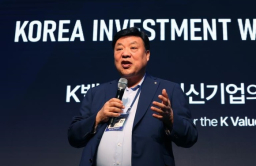-
KOSPI 2577.27 -2.21 -0.09%
-
KOSDAQ 722.52 -7.07 -0.97%
-
KOSPI200 341.49 +0.02 +0.01%
-
USD/KRW 1396 -2.00 0.14%
Celltrion’s 4 new biosimilars win EU approval recommendation
Bio & Pharma
Celltrion’s 4 new biosimilars win EU approval recommendation
The company estimates the global markets for the four biosimilars at $94 billion combined
By
Dec 16, 2024 (Gmt+09:00)
2
Min read
News+
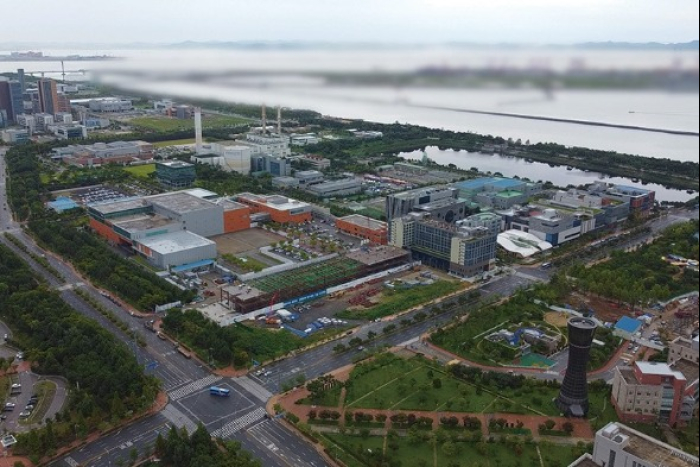
Celltrion Inc. is one step closer to commercializing its four new biosimilars in Europe after a committee of the European Medicines Agency (EMA) recommended approval of the drugs. Once approved, the biosimilars will expand the company's portfolio to 11 products by 2025 as planned.
The South Korean biosimilar maker said on Monday that the Committee for Medicinal Products for Human Use (CHMP) under the EMA gave its approval recommendation for the four drugs.
The CHMP plays a key role in the authorization of medicines across the European Union. As such, drugs it recommends for approval are almost certain to secure final approval from the European Commission, according to industry officials.
The four new biosimilars will beef up Celltrion’s product lineup for inflammatory autoimmune disease treatments, on which it has focused, and diversify into new segments such as bone cancer and eye disease drugs. Celltrion seeks to expand its product lineup to 22 by 2030.
The company estimates the global markets for the four biosimilars at 135 trillion won ($94 billion) combined.
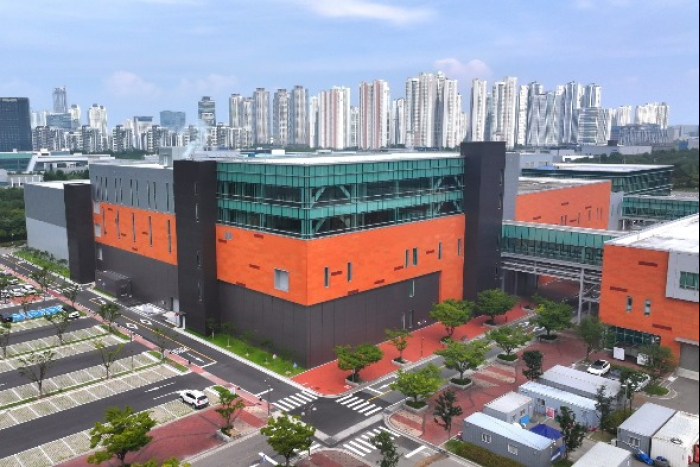
Celltrion said it is rare for the CHMP to recommend approval of four products from one company at once, and that the move recognizes its technology and development capabilities.
The four generic drugs include Avtozma, referencing interleukin inhibitor Actemra. It is used to treat inflammatory autoimmune diseases such as rheumatoid arthritis and giant cell arteritis.
The biosimilar demonstrated equivalence and similarity to the original medicine sold under the brand name Actemra over three stages of global clinical trials. Global sales of its original drug Actemra reached about 4 trillion won in 2023.
Eydenzelt, a biosimilar to blockbuster eye disease treatment Eylea, is among the four recommended for approval in Europe. The biosimilar has already launched in Korea.
The original drug Eylea’s global sales amounted to about 12 trillion won in 2023.
The two other biosimilars are Stoboclo and Osenvelt, referencing Prolia and Xgeva. They are used as bone cancer and osteoporosis medications. Global sales of the original drugs reached about 8 trillion won in 2023. The two biosimilars got the green light from Korean regulators in November.
Write to Dae-Kyu Ahn at powerzanic@hankyung.com
Yeonhee Kim edited this article.
More To Read
-
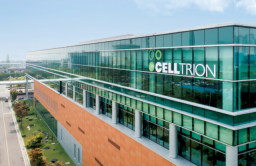 Bio & PharmaCelltrion gets approval of Omlyclo in Canada
Bio & PharmaCelltrion gets approval of Omlyclo in CanadaDec 09, 2024 (Gmt+09:00)
-
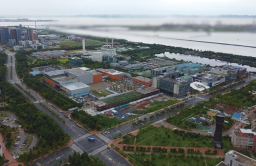 Shareholder valueCelltrion to retire $400 mn treasury stock in January
Shareholder valueCelltrion to retire $400 mn treasury stock in JanuaryDec 04, 2024 (Gmt+09:00)
-
Nov 28, 2024 (Gmt+09:00)
-
Nov 25, 2024 (Gmt+09:00)
-
Nov 21, 2024 (Gmt+09:00)
-
Nov 15, 2024 (Gmt+09:00)
-
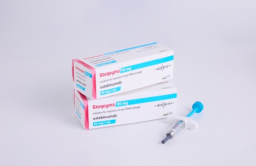 Bio & PharmaCelltrion releases Steqeyma in Europe
Bio & PharmaCelltrion releases Steqeyma in EuropeNov 05, 2024 (Gmt+09:00)
-
Oct 30, 2024 (Gmt+09:00)
-
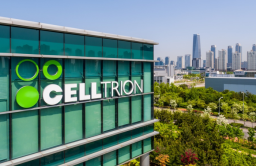 Bio & PharmaCelltrion to establish CDMO subsidiary
Bio & PharmaCelltrion to establish CDMO subsidiaryOct 18, 2024 (Gmt+09:00)
-
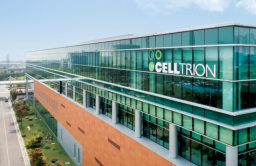 Bio & PharmaCelltrion establishes subsidiary in Vietnam
Bio & PharmaCelltrion establishes subsidiary in VietnamSep 30, 2024 (Gmt+09:00)
-
Sep 13, 2024 (Gmt+09:00)
-
Sep 11, 2024 (Gmt+09:00)
-
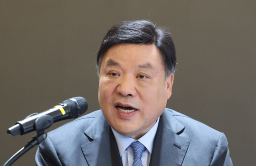 Bio & PharmaCelltrion scraps merger with Celltrion Pharm
Bio & PharmaCelltrion scraps merger with Celltrion PharmAug 16, 2024 (Gmt+09:00)


